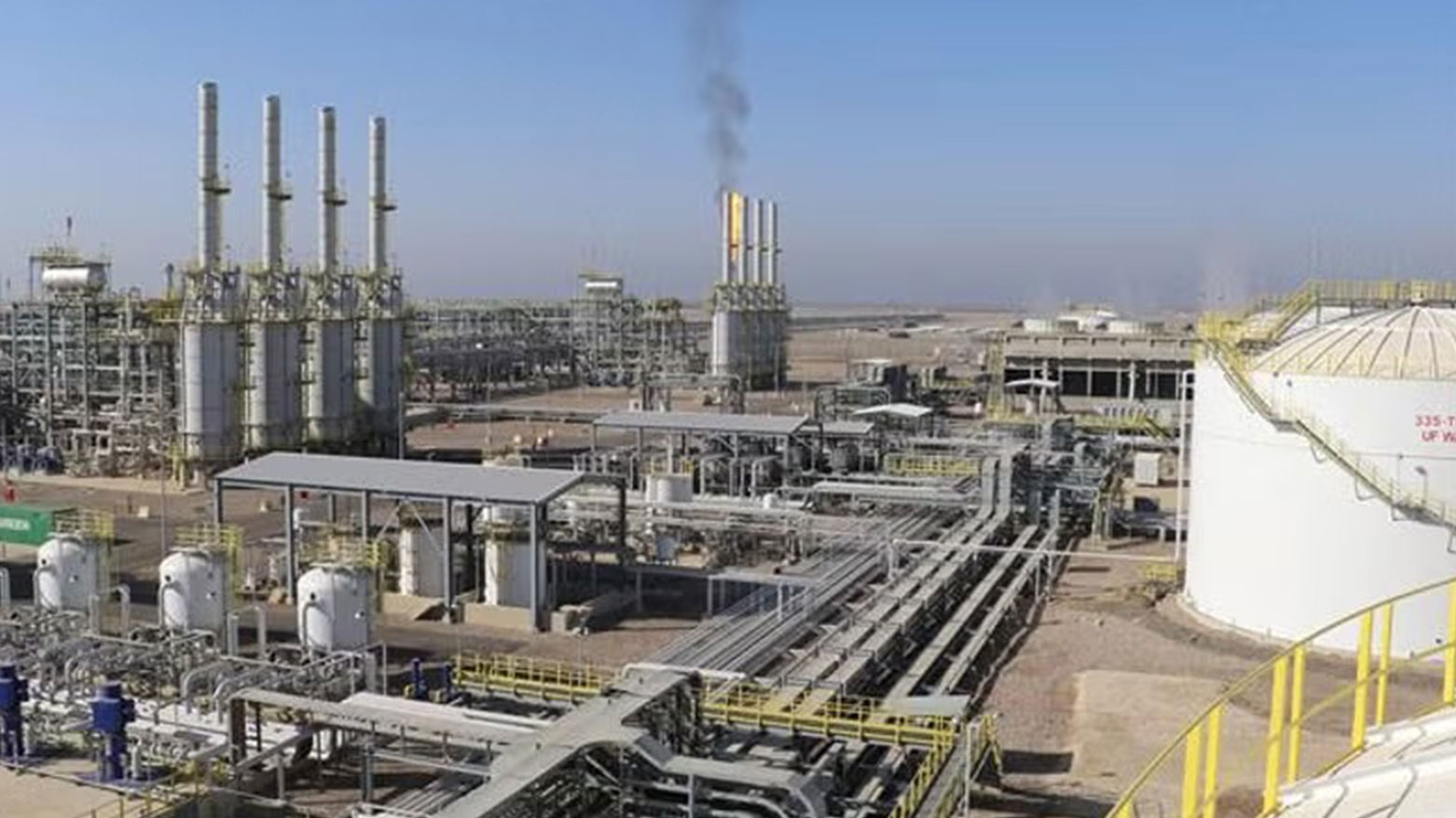U.S. Sanctions on Russian Oil Firms Disrupt Iraq’s Output, While Kurdistan Region Remains Unaffected
Subhi emphasized that the Kurdistan Region will not be impacted by sanctions because Russian companies hold less than 50 percent share of the region’s oil sector—placing their operations outside the scope of U.S. restrictions.

ERBIL (Kurdistan24) – U.S. sanctions targeting major Russian oil companies have disrupted roughly nine percent of Iraq’s total oil production, according to a senior Iraqi lawmaker, raising concerns over stability in the country’s largest southern fields. The Kurdistan Region, however, is expected to remain unaffected.
Sabah Subhi, a member of the Oil and Gas Committee in Iraq’s fifth parliamentary session, told Kurdistan24 that the measures—part of Washington’s expanding pressure campaign on Moscow—have directly impacted operations at the West Qurna-2 field, which produces about 450,000 barrels per day and depends heavily on Russian involvement.
Subhi warned that production disruptions at West Qurna-2 pose a risk to Iraq’s national revenue, as the federal government relies heavily on oil income. He said Baghdad plans to maintain output by transitioning operations to a local company and quickly identifying a replacement for the current sanctioned operator.
“Any delay in securing an alternative will negatively affect Iraq’s overall income,” Subhi stressed, adding that ensuring production continuity is now a top priority.
Subhi emphasized that the Kurdistan Region will not be impacted by sanctions because Russian companies hold less than 50 percent share of the region’s oil sector—placing their operations outside the scope of U.S. restrictions.
Rosneft, the Russian firm with a stake in the Kurdistan Regional Government’s export pipeline, has assured that shipments to Turkey’s Ceyhan port will continue uninterrupted. The company’s reduced ownership share in KRG oil assets means that sanctions will not hinder Kurdish oil exports or production.
The lawmaker said the sanctions also reflect broader geopolitical competition, as Washington seeks to curb the growing influence of Russian and Chinese energy companies in the Middle East. He noted that the U.S. intends to boost its role in Iraq’s oil production through American energy firms.
The United States recently imposed sanctions on Rosneft and Lukoil to increase pressure on Russian President Vladimir Putin amid the ongoing war in Ukraine. The measures target all entities in which Russian companies hold more than a 50 percent stake and will take effect early next month.
As Iraq grapples with the fallout of these restrictions, Baghdad faces the dual challenge of protecting its oil revenues while navigating intensifying geopolitical competition between global powers.
